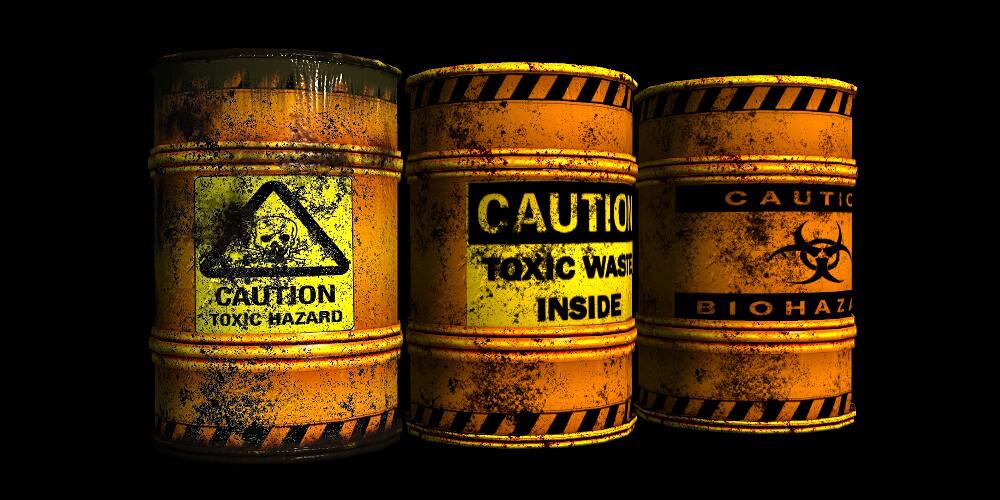Toxic wastes are very hard to get rid of, and many countries have their own rules and regulations for getting rid of them. However, we have seen many cases where richer countries export their hazardous garbage to poorer countries. Recently, and specifically in the first week of July, the importation of Toxic Italian Garbage to Morocco sparked outrage, but the deal was soon brought down.
However, there is news that the UAE is using Libya as a landfill for toxic waste. Could this be true?… A Libyan expert at the Libyan Center for Foods and Medicines confirmed it to UAE71 news website.
Libya observer also covered the story, quoting UAE71 website, and mentioned that “Numerous food commodities and medicines that are exported by the UAE to Libya by an allegedly Emirati fake firm are either expired or not for human use, an expert at the Libyan Center for Foods and Medicines told UAE 71 news website”.
“The expert, who preferred to remain anonymous for family safety reasons, said the UAE knows that the foods and medicines’ cargos they are sending to Libya are not good anymore for human use, but they send them anyway because the cost of shipping them to Libya is much less than the cost of destroying them in Abu Dhabi, reported UAE 71”.
“The cost of sending a container full of medicines, child milk, or foods can be less than $4000, while the cost of destroying the same container in the UAE according to the international standards can be around $26000, let alone the pollution of both environment and bad effects on human beings.” The expert told UAE71.
He also added that out of 267 cargos destroyed by the Libyan authorities, 203 ones came from the UAE, which constitutes 78%, pointing out that the destroyed cargos were full of toxic substances that cause a number of diseases, such as sterility, cancer – especially for children – and kidney failure.
The expert also said that “the eastern region, especially Tobruk and Benghazi where the renegade General Khalifa Haftar is in control, is easing procedures and collaborating with the UAE by allowing the cargos to arrive in the markets despite being rejected at the Libyan Center for Foods and Medicines”.
He also indicated that “the cargos arrive via Al-Salloum border with Egypt, and via AL-Batnan Tobruk port by using force or bribery for the controlling militias”.
Controlling transboundary movements of hazardous wastes
The “Basel Convention” for Controlling transboundary movements of hazardous wastes mentioned the conditions for transboundary movements. It also confirmed that “environmentally sound management” (ESM) means taking all practicable steps to ensure that hazardous wastes or other wastes are managed in a manner which will protect human health and the environment against the adverse effects which may result from such wastes.
Both the UAE and Libya are parties of the Basel Convention, which means that they should abide by its terms.
Facebook: greenarea.info











